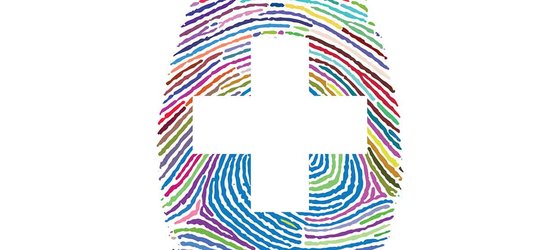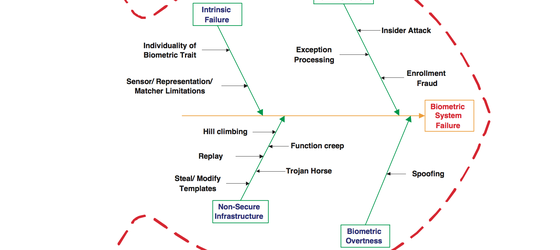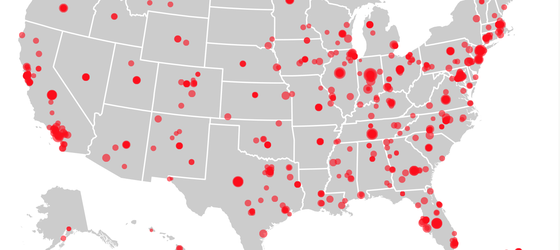May 19, 2020 WPF Statement regarding HHS Secretary's Section 1135 COVID-19 HIPAA Waiver
This statement discusses a 72-hour "statutory waiver" of 5 basic HIPAA rights (including the right to confidential communications). The waiver is triggered by the Secretary of HHS and applies for a 72-hour period beginning upon implementation of a hospital disaster protocol. This statement discusses this waiver, what it is, what is means, who is impacted, and our recommendations.



